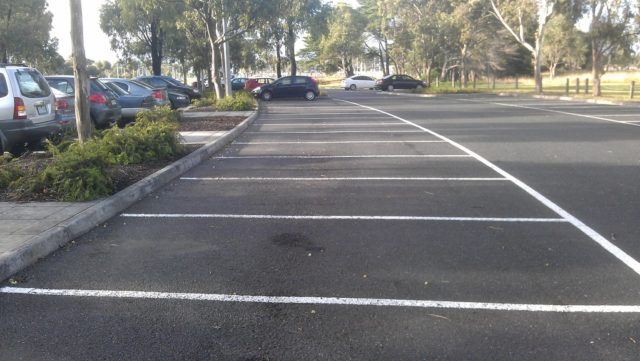New data analysis from Lloyds Banking Group reveals carbon emissions in the East of England resulting from six key consumer spending categories were 14% lower at the end of October than they were the year before.
However, the analysis, which was compiled in partnership with the Carbon Trust, also found that emissions rose 27% in the region between the second and third quarter of the year as spending increased on commuting and travel.
The analysis considered the impact on carbon emissions resulting from changing consumer behaviour across six spending categories: retail food and drink, fuel, commuting, airlines, electrical stores and clothing stores. The analysis shows again the close connection between how UK consumers choose to spend their money and the resulting impact on the environment, reflecting the broader way the pandemic is changing the way people live their lives.
Commuting and travel drive carbon emissions up
Fuel spend was a key factor behind the increase in carbon emissions as people began travelling again. Between Q2 and Q3, carbon emissions from fuel spend increased by 57%, the equivalent of 158,000 tonnes of CO2.
Furthermore, an increase in the amount spent on commuting resulted in carbon emissions increasing by 257%, over 40,600 tonnes of CO2.
As some international borders reopened, carbon emissions from airlines also increased as tourists from the region headed abroad for the summer. Emissions rose 145% from Q2 to Q3, the equivalent of an increase of 24,500 tonnes of CO2. Despite this increase, emissions from airlines are still down 60% on 2019 levels.
Emissions rose after national lockdown restrictions were released – but as we head through the last quarter of the year, we can expect further change in carbon emissions as different regional and national restrictions have a further impact in lowering emissions.
Mini-green revolution as consumers start the road to COP26
With one year to go until COP26, a global summit about climate change and what nations are planning to do to tackle it, new research commisioned by Lloyds Banking Group working with YouGov found that in the last three months there has been a 16% increase in consumers wanting to reduce their carbon footprint over the next year (now at 51%, up from 35%).
While there has been an increase in airline emissions this quarter, more than a third (34%) of people said they want to limit their air travel in the year ahead, up from 31% in June. When considering future transport choices, one in ten (10%) are looking to make the switch to a hybrid or electric car in 2021, but only 5% are looking to buy any other electrified mode of transport such as an electric scooter.
There is appetite amongst consumers for them to make smaller, everyday changes in their lives to reduce their carbon footprint. Of those interviewed more than three quarters (78%) plan to recycle as much as possible, while almost seven in ten (69%) plan to cut spending on single use plastic products in the next year.




